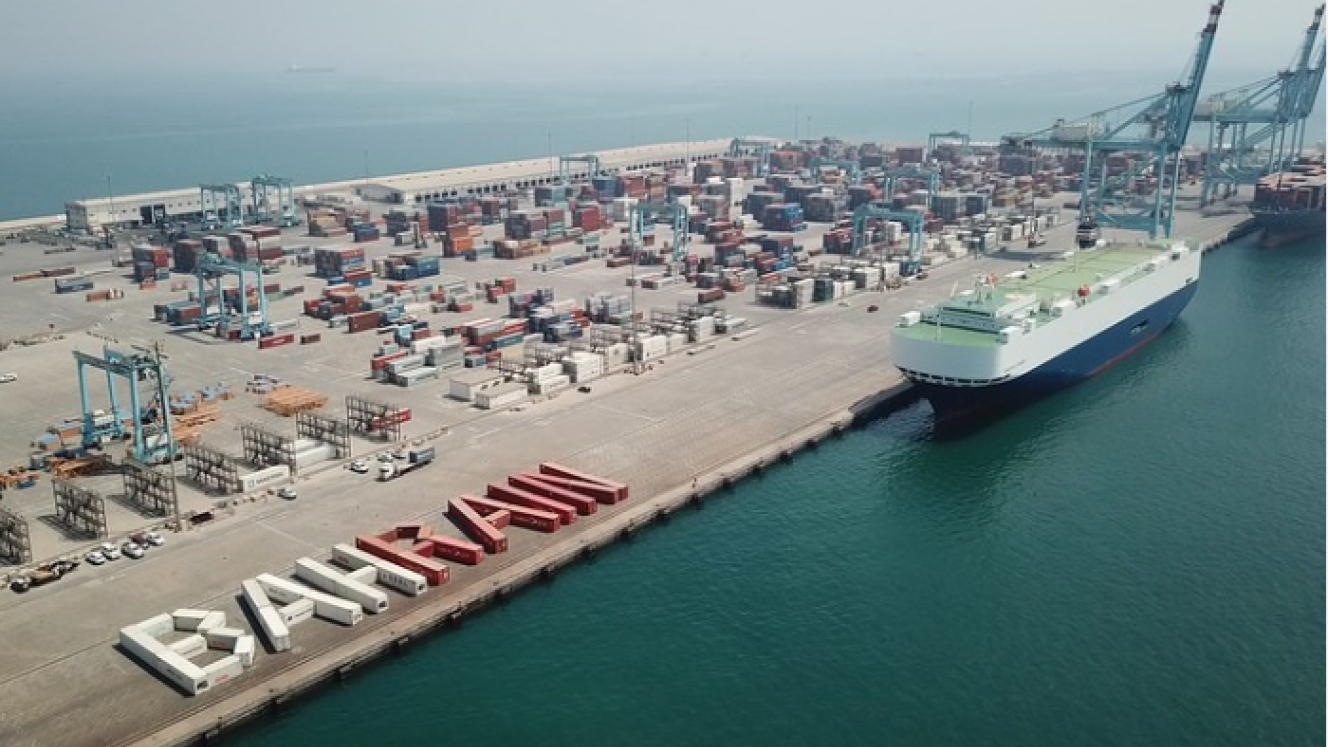Israel has found alternative routes to keep supply lines open while at the same time avoiding the longer leg of ocean freight through the Mediterranean and around Africa because of cargo movement risk through the Suez Canal.
It now moves cargo via land routes through Bahrain and Saudi Arabia due to the conflict in the Red Sea, particularly the attacks by Yemen's Houthi rebels on cargo vessels south of the Suez.
Companies such as Mentfield Logistics and Trucknet have established overland routes that bypass the Red Sea, transporting goods from China, India and other countries through Bahrain and Dubai, then overland to Israel via Saudi Arabia and Jordan.
This land route saves around 20 days in shipping time compared to the longer route around Africa, and is expected to shorten shipping times by 12 days, according to Israel’s Transportation and Road Safety Minister, Miri Regev.
The way through the Persian Gulf is part of a broader effort to find alternative routes following the attacks, which have disrupted maritime trade in the Red Sea and the Suez.
The irony of Israel’s alternate access for shipments is that Bahrain and Dubai are close to Iran, whose military backing of the Houthis enables continued attacks in the Red Sea.
The US-backed transport corridor, known as the 'Land Connectivity by Trucks' project, has been facilitated by the 2020 Abraham Accords, which allowed Israel to normalize relations with the UAE, Bahrain, and Morocco.
The land route is not intended to replace the use of the Suez but to serve as an additional option to bypass the Houthi threat and to cut shipping times.













